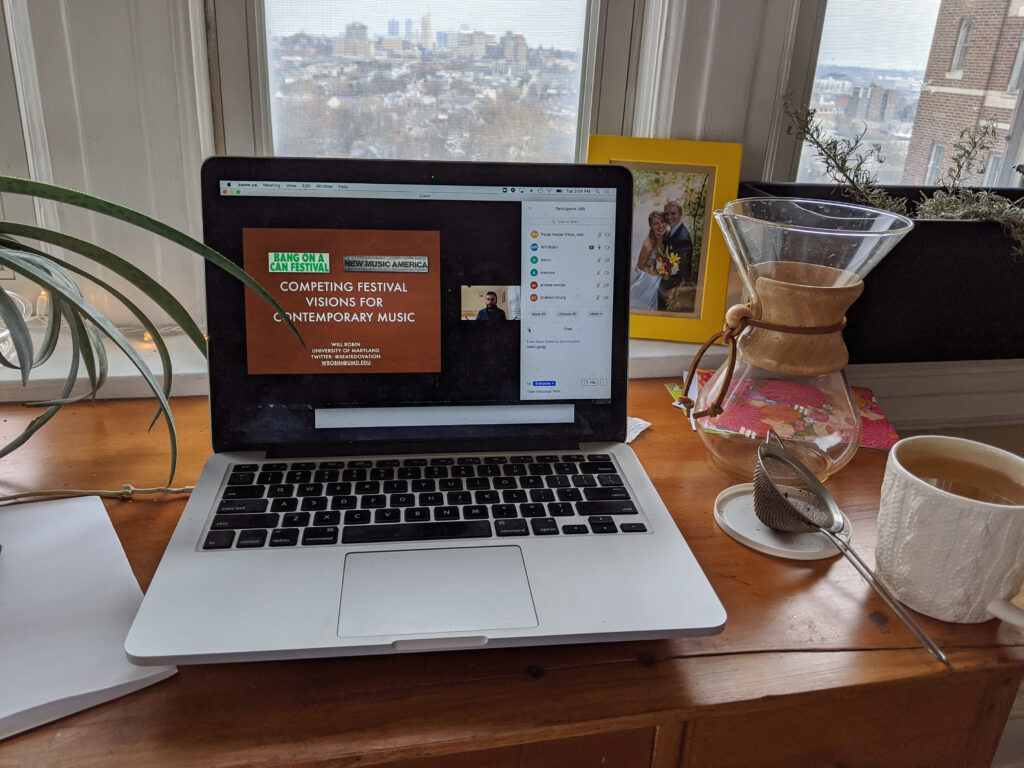
As COVID-19 continues to wreak havoc with the academic conference schedule, the daily online colloquium “Music Scholarship at a Distance” has emerged as an important venue for musicologists to continue sharing their work.
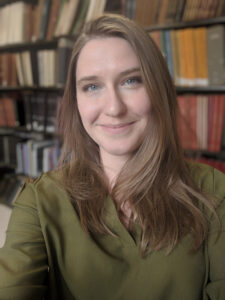
Launched March 17, the colloquium was co-founded by Paula Harper, a postdoctoral fellow in the Department of Music in Arts & Sciences at Washington University in St. Louis, and William Robin, assistant professor of musicology at the University of Maryland. The site hosts one public Zoom presentation each weekday afternoon, on topics ranging from Renaissance music and immigrant songs to sci-fi opera and pop-music feminism.
In this Q&A, Harper — an active member of “musicology Twitter” — discusses the colloquium’s origins and ambitions as well as the importance of maintaining professional connection.
How did ‘Music Scholarship at a Distance’ come about?
My friend and colleague Will Robin messaged me bright and early on March 14, basically saying, “This idea came to me in a dream!” He came to me because “you’re Dr. Internet.” That is, my research focuses on musical practices and the internet.
We started thinking through logistics, brainstorming possible platforms and formats, etc. In two hours, we had a set of planning docs; two hours after that, we were sending around a Google signup sheet; and two days later, I made a website and a recurring Zoom meeting. Will gave the first paper March 17.
What’s the basic format?
A single scholar gives a 20-minute presentation, followed by questions and discussion. At this point, we don’t have a clear plan of when we’ll wrap up, but we’ve had pretty great and consistent attendance throughout — anywhere from 30 to 100 people at each talk.
In part, the undertaking was inspired by the early-March, early-pandemic social media postings of scholars in various online academic communities. People were posting about all the work they wouldn’t get to present at major spring conferences, and the networking and meetups they weren’t going to have. We wanted to respond in a way that would be productive, and that we hoped might create a sense of community and structure.
But rather than emulating the traditional conference format (days of nonstop, back-to-back presentations), we decided on a recurring daily presentation — in part to minimize attendee exhaustion, and in part to try to make space for lots of different scholars and scholarship.
Can you describe some of the sessions?
We’ve had people giving their very first conference paper, we’ve had established scholars, and we’ve had lots in between. Presenters have included music theorists, ethnomusicologists, historians and music educators, and their work has spanned the gamut from early music to K-pop, Russian avant-gardism and American musical theatre.
What’s a delight — and something different from my experience of traditional conference-going — is how broad and diverse the audience is. It’s not just folks hopping in to hear about a topic they’re familiar with, or to see their friends. (Though there is some of that!) There’s also a robust group of people showing up to papers that are really outside of their scholarly wheelhouse.
What has launching this colloquium taught you?
I’ve gotten to hear scholarship that, in the crush and whirl of a large conference, I might not have sought out, because it’s not precisely “my area.” But now, both my quarantine and scholarly life are being enriched with fresh, new musical content and perspectives.
I also get to put faces to names, see people’s cute dogs and cats and kids, make new connections and see old friends who are far away, etc. It’s honestly great.
It’s been such a joyful endeavor, providing enrichment and structure to my weekdays.
New “Music Scholarship at a Distance” presentations take place weekdays at 3 p.m. CDT. For more information, visit musicscholarshipatadistance.com or follow the colloquium on Twitter.
WashU Response to COVID-19
Visit coronavirus.wustl.edu for the latest information about WashU updates and policies. See all stories related to COVID-19.
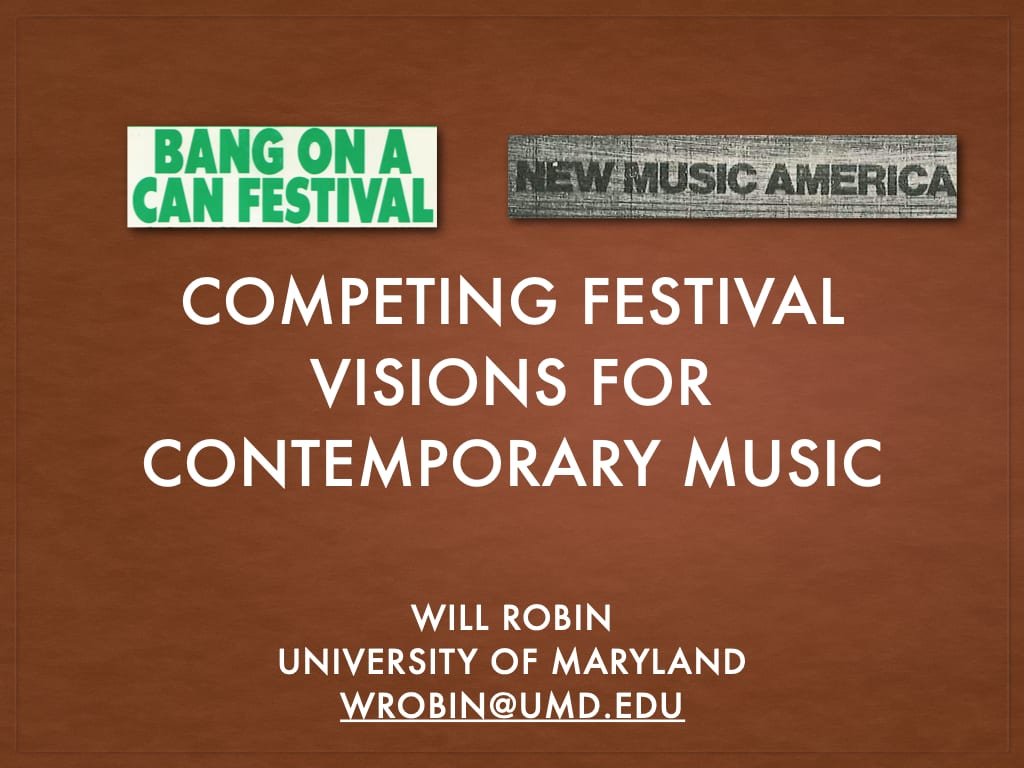
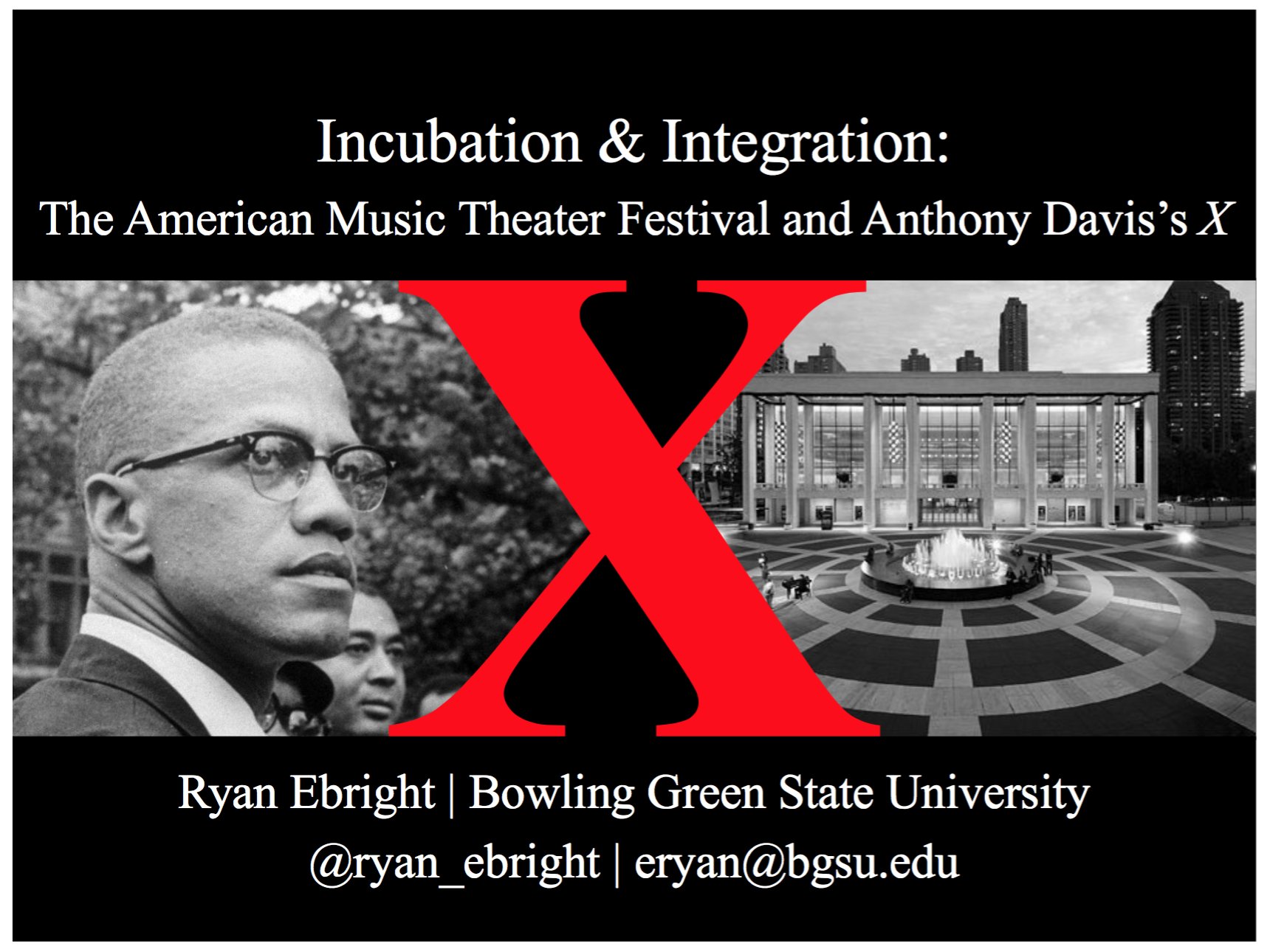

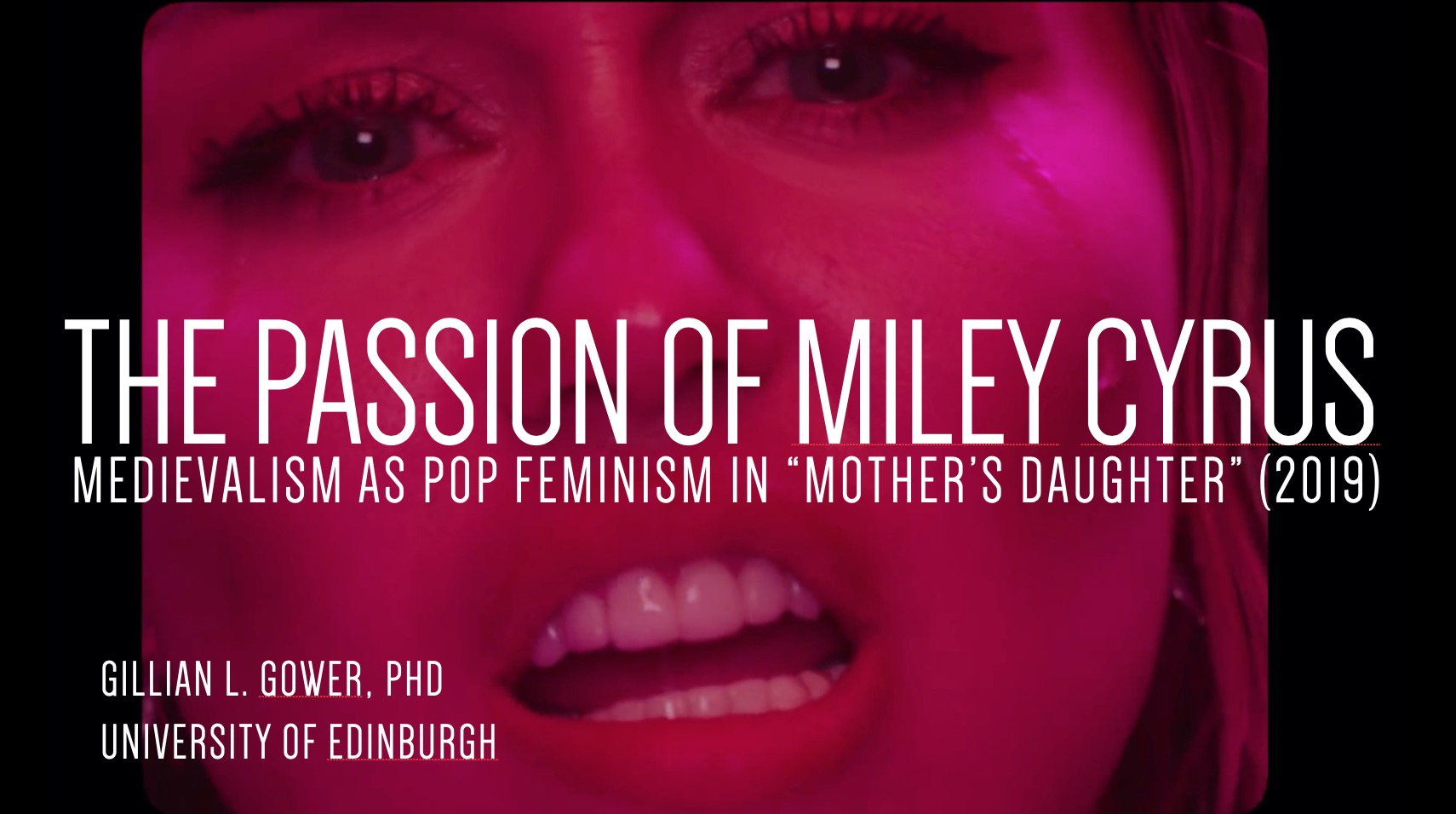
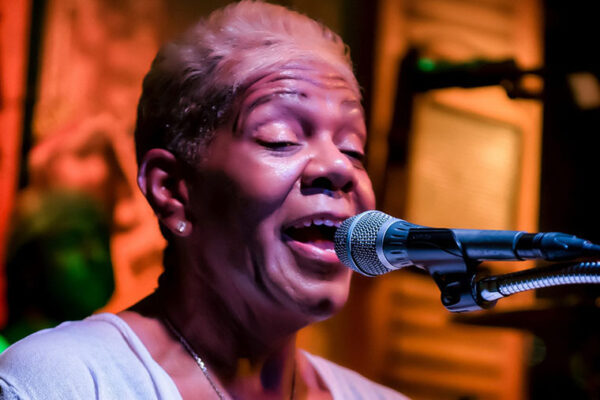
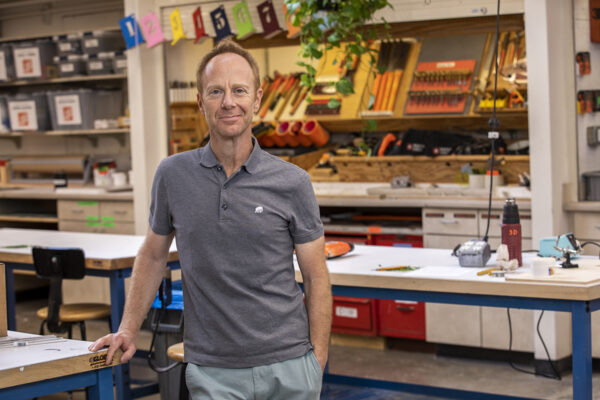
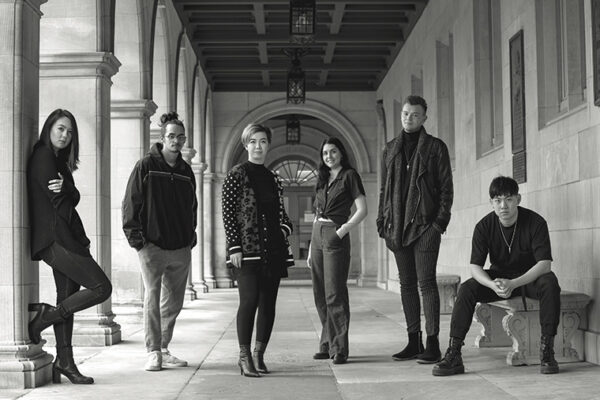
Comments and respectful dialogue are encouraged, but content will be moderated. Please, no personal attacks, obscenity or profanity, selling of commercial products, or endorsements of political candidates or positions. We reserve the right to remove any inappropriate comments. We also cannot address individual medical concerns or provide medical advice in this forum.